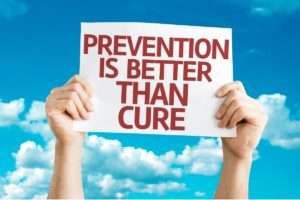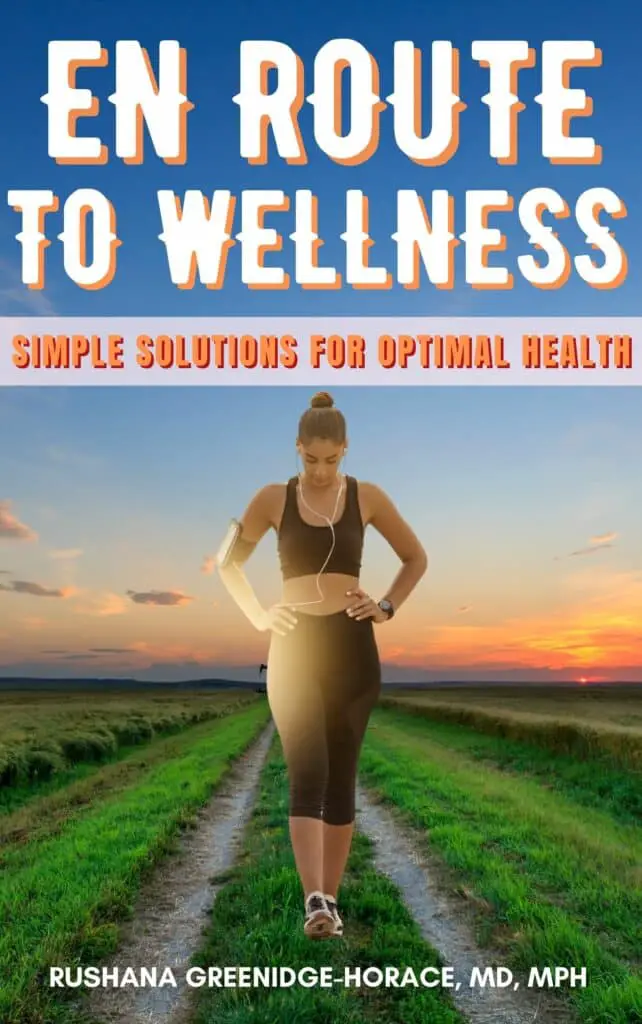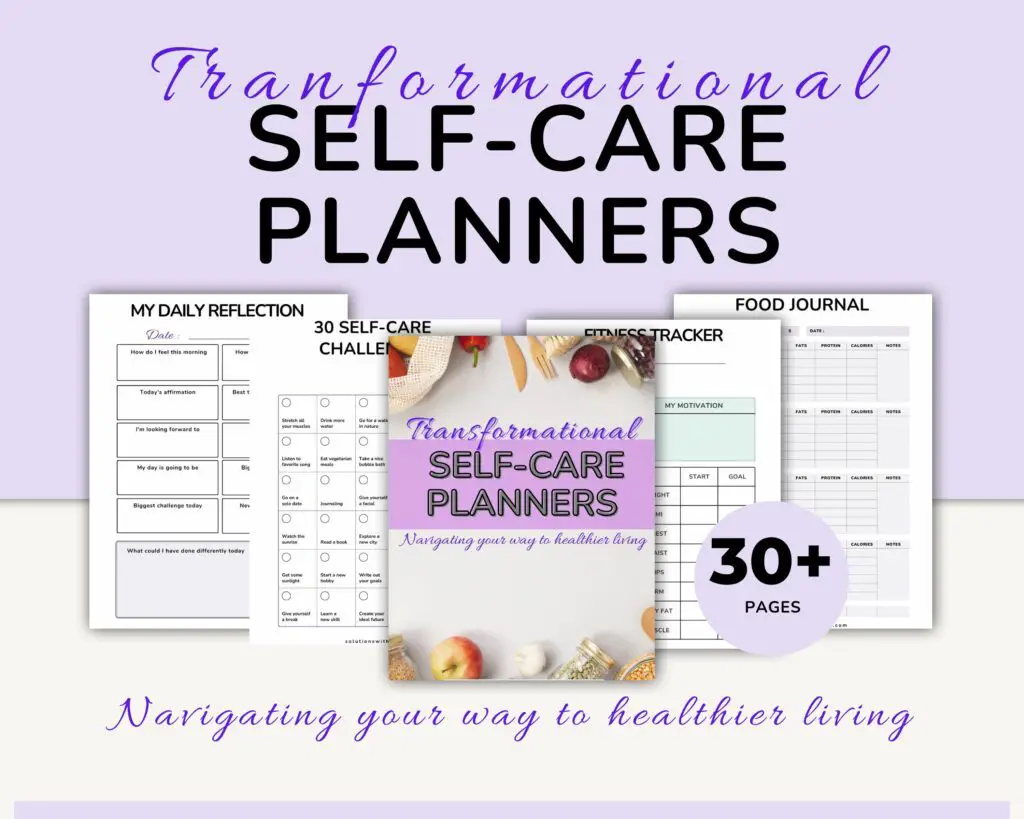Access to health care is a human right. Sadly, there are barriers that stand in the way of this basic need for too many people around the world.
According to a report from the World Health Organization and the World Bank Group (2015), approximately 400 million persons do not have access to essential healthcare. Moreover, 6% of persons in low or middle income households move further into poverty due to health expenses. Unfortunately, this is often due to many barriers to healthcare access including cost, insufficient insurance coverage, location, prohibitive cost of care and lack of awareness.
The purpose of this blog post is to explore what some of these barriers are and simple steps that you can take to minimize the effects.
If you live in an area where medical services are free or low-cost, it may seem like there is no need for discussion around access to healthcare. However, as you’ll see below, there are still significant gaps in coverage across different regions and populations within countries.
As such, the barriers to healthcare access remains an important issue to people everywhere.
- Access to health care is a human right. Sadly, there are barriers that stand in the way of this basic need for too many people around the world.
- Barriers to healthcare access
- Health barrier: Lack of availability of heath services and providers
- Health barrier: Pre-existing relationship with a health provider
- Health barrier: Communication
- Health barrier: Socioeconomic status
- Health barrier: Geographic location
- Health barrier: Work Status
- Health barrier: Cultural and societal issues
- Health barrier: Lack of motivation and interest in preventive care
- Health barrier: Stigma
- Health barrier: Public distrust
- Overcoming barriers to healthcare access
- Final words on the barriers to healthcare access
- Related Topics
- What are the consequences of limited health literacy?
- What causes mistrust in healthcare?
- READY TO TRANSFORM YOUR SELF-CARE ROUTINE?
- References
Barriers to healthcare access
The barriers to healthcare access are many and diverse. The most important barriers include affordability and availability. However, several other social, economic and geographical conditions may also impede accessing healthcare services.

"Health care is an essential safeguard of human life and dignity and there is an obligation for society to ensure that every person be able to realize this right." - Joseph Bernardin
Some examples of barriers to healthcare access are:
- Lack of availability of health services and providers
- Preexisting relationship with health provider
- Communication barriers
- Socioeconomic status
- Geographic location
- Work Status
- Cultural/Societal barriers
- Lack of motivation and interest
- Stigma
- Public distrust
Here’s an important book that provides practical advice for patients and doctors. This is a must-read that may help save your life.
Feeling lost and uncertain about how to improve your personal wellness?
You’re not alone. Millions of people feel this way, which is why I’ve created the ‘En Route to Wellness’ Book and Workbook.
This guide provides simple, step-by-step instructions that will help you find your way to a healthier life.
Plus, there’s a bonus section on how to create healthy habits that stick. So what are you waiting for? Get started today!
Health barrier: Lack of availability of heath services and providers
Achieving population health requires a significant amount of coordination to ensure adequate healthcare providers, medications and equipment. In order to be successful in this effort, a variety of systems need to work in cohesion.
According to the World Health Organization, there is currently a global shortage of in excess of 7 million healthcare professionals. This number could increase to 13 million by the year 2023.
project hope, 2021
This shortage includes doctors, nurses and community health workers that both developed and developing countries require.
For example, the US has 2.6 practicing physicians per 1,000 people. Of course, this number is lower than others such as Spain and Italy. But, many other parts of the world unfortunately have much dire statistics.
newsroom, 2020
Roughly 1/5 of the US population lacks access to a personal doctor. Unfortunately, this is a number that has only been increasing.
This lack of healthcare availability can present significant barriers to care relating to chronic illnesses such as cancer and heart disease where early detection and intervention treatments are critical for optimal patient outcomes.
Early intervention also reduces the need for emergency room visits and hospitalizations, which alleviates significant financial burden to individuals and the healthcare system in general.
Notably, persons with a primary care physician are less likely to die prematurely (Brody, 2020).
Reasons for shortage of healthcare providers
While there are many reasons why the global healthcare workforce is currently unprepared to meet growing capacity demands, some of the most common include:
- Shortage of funding to support residency programs.
- Imbalance between available academic positions and career opportunities for health professionals.
- Reluctance among current professionals to relocate/practice in rural/underserved areas.
- Inadequate infrastructure to support long-term care and advanced practice.
- As a result of healthcare globalization efforts since the early 2000’s, many medical professionals from developing countries have been migrating to formal employment opportunities abroad.
Health barrier: Pre-existing relationship with a health provider
Since the beginning of time, people have sought out and relied on trusted interpersonal relationships to meet their most critical needs.
Undeniably, there is growing need for persons to manage their own health. Subsequently, it is more important than ever for individuals to develop strong relationships with those who are able to advise them on how best to do so.
This includes health care providers, pharmacists and other health professionals.

"Language is a barrier, especially in health care. We see a big problem in families relying on their 10 to 12 year-old son to translate." - John Cahill
Health barrier: Communication
There are many different forms of communication barriers that can lead to gaps in healthcare access. Many of these barriers relate to language, knowledge of medical terms, and time constraints.
For example, people might not be able to comprehend what their doctor is telling them because they do not speak English, do not understand medical jargon, or are in the room for only a short time.
According to one study in the USA, Hispanics had the lowest health literacy, followed by blacks and then by American Indian.
In fact, the great inequalities relating to health literacy usually occur in ethnic and racial minorities and in persons who no not speak English as their first language.
healthy people, 2021
Check out my top 10 surprising health facts in the video below.
Health barrier: Socioeconomic status
For many families, a significant part of their income needs to be used for health related expenses.
In fact, many persons don’t have health insurance.
For those who do have coverage, there’s still the issue of high deductibles and other unaffordable out-of-pocket expenses which make accessing care difficult for low incomes families.
In many countries, there are public programs available to help cover costs for low-income families and children.
However, these programs can be complicated to access and may not include adequate coverage options.
Read also: Ultimate guide to overcome limited health literacy.
Health barrier: Geographic location
I’m sure we’re all quite aware that healthcare access differs from country to country. However, there often exists significant differences in accessibility within the same country.
For instance, many rural areas are also lagging behind when it comes to providing access to healthcare.
This may be due to the fact that these regions typically have fewer physicians who are willing and able to work in these locations.
This problem is compounded by the lack of education among clinicians about how they can best serve their patients in remote settings.
In rural communities, a healthcare ecosystem can be incredibly complex and often requires a more robust team-based approach to care.
This means that every member of the healthcare team needs to have a thorough understanding about how they can best work together as one unit, often with limited resources.
Rural healthcare environment may also lack access to insurance and governmental subsidies that can help with the cost of medications and medical services.
Within this specific context, rural areas tend to lack sufficient health centers and clinics that provide comprehensive care for patients and many patients must travel long distances to receive care.
Moreover, in most cases these regions also do not have robust transportation options which can make it accessibility difficult for health professionals and patients with impaired mobility.
According to research, persons over the age of 65 years had lower health literacy when compared to younger individuals.
healthy people, 2021

"Access to basic quality health care is one of the most important domestic issues facing out nation." - Ed Pastor
Health barrier: Work Status
Occupation plays a significant role in influencing an individual’s health and well being.
In particular, there are several types of occupational barriers that may impact your ability to access healthcare services.
Many of these include: physical demands, psychological stress, lack of self-care due to unwillingness or inability to take time off work, long hours, and challenging working conditions.
For instance, some workers might feel that they cannot leave early to go for a medical examination because of the loss in income that would result.
Others believe that they simply do not have the time to seek and receive medical treatment.
Health barrier: Cultural and societal issues
Cultural factors often influence if and when an individual will seek medical care, how they communicate their needs to health care providers, and the type of care that is implemented.
Everyone has a unique cultural background which influences their beliefs around illness and healthcare access.
For instance, some persons may not seek medical care because they prefer to try herbal remedies, spiritual leaders or simply believe it’s ‘no big deal.’
Health barrier: Lack of motivation and interest in preventive care
As a whole, many persons are lagging behind when it comes to preventative screenings and early detection programs.
Needless to say, when it comes to those with limited motivation and interest, preventive care is often completely ignored.
It should be noted that this lack of motivation could be caused by social, cultural or financial challenges.
Some persons may even feel as if it is too late to change anything about their lives and think that it’s impossible or too difficult to prevent or reverse certain health conditions.
Additionally, there are some individuals who do not want to accept full responsibility for their health.
For example, people might not get proper medical treatment because they are afraid of the results.

If access to health care is considered a human right, who is considered human enough to have that right? - Paul Farmer
Health barrier: Stigma
There are certain groups of people who believe they are stigmatized by others when it comes to their health.
For example, some might feel that the stigma associated with mental health impedes them from getting examined for such conditions.
And, unfortunately, there is the fact that some persons are indeed stigmatized by healthcare workers.
Regardless of whether these acts of discrimination are overt or subtle, the consequences and requirement to regain trust are very significant.
Health barrier: Public distrust
This barrier occurs when a person does not trust some healthcare providers to provide him or her with valid and reliable health information.
Notably, several reasons exist for why people the lack confidence in their doctors and other sources of information.
Use this link to read more about the Causes and solutions for mistrust in healthcare
Overcoming barriers to healthcare access
Overcoming these numerous barriers can include simple steps such as educating people on their rights and encouraging them to speak out when they need help.
However, limited healthcare access is a difficult problem to fix, as it requires a solution that spans further than health alone.
However, here are some simple steps that you can take to decrease the barriers to healthcare access:
- Use health information technology to get more info about your health.
- Report problems with translating or communicating healthcare info to the managers or leaders of these institutions.
- Join a support group for people dealing with similar conditions. You will have an easier time gaining access to information which can be helpful.
- If you are unable to access or afford medical care, do not be ashamed to ask about alternatives.
- Create your own support system by finding friends, family members or even peers who can help you when needed.
- Get prepared before becoming sick by getting informed of resources and options that are available to you.
- Don’t wait until your condition becomes more complicated. You’ll likely require more specialized/prolonged care which is often even more inaccessible and expensive.
- Be open and receptive to quality information and change.
Read also: How to evaluate the accuracy of health information.
- Consider the flexibility and health benefits your job provides and not just the salary.
- Try to find programs or clinics that can provide free or low-cost, easily accessible service. For instance, consider going to the library, using telephone help lines and web chats.
- Get a primary health provider as soon as possible, preferably before you get sick. If possible, look for reviews or recommendations to best choose one that suits your personal/cultural preferences.

"We should resolve now that the health of this nation is a national concern; that financial barriers in the way of attaining health shall be removed; that the health of all it's citizens deserves the help of all the nation." - Harry S. Truman
Final words on the barriers to healthcare access
Healthcare is a right that should be accessible to all. Understanding the barriers to healthcare access is an important step for improving your personal health.
What are your thoughts on this topic? Do you have any personal stories of dealing with these challenges firsthand? Let me know in the comments below!
Related Topics
What are the consequences of limited health literacy?
Limited health literacy is characterized by an inability to understand and act on health-related information. If you are limited in your ability to rationally comprehend this kind of information, it can put your health at risk because you may not be able to get or comprehend the medical treatment required or to take preventative measures to protect your health. Read more
What causes mistrust in healthcare?
Many Americans have lost trust in the healthcare system. And there are several reasons for this including a lack of transparency and accountability, poor communication, medical errors, and the belief that health care is warped with political and financial biases. However, the consequences of not having any trust in the system can be very dangerous to one’s health, as it leads to people avoiding important services like preventative screenings and treatment. Read more
READY TO TRANSFORM YOUR SELF-CARE ROUTINE?
It’s time to make self-care a delight instead of a chore.
This incredible free resource comes packed with features for tracking everything from your daily water intake to how many steps you take.
References
Brody, B (2020) 25% of Americans Do Not Have a Primary Care Provider (and That Number Keeps Growing).
Healthy People (2021) Health literacy.
Newsroom (2020) The U.S. has fewer physicians and hospital beds per capita than Italy and other countries overwhelmed by COVID-19.
Project Hope (2021) Addressing the Global Shortage of Health Care Workers.
The World Bank Group (2015) New WHO and World Bank Group Report Shows that 400 Million Do Not Have Access to Essential Health Services and 6% of Population Tipped into or Pushed Further into Extreme Poverty because of Health Spending.








